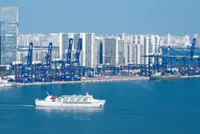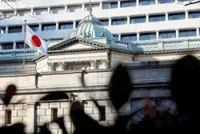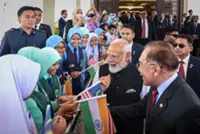The latest declaration by the G20 reflects a shift from the Western-dominated world order towards the interests of the Global South.
MOST people might not have noticed but the world took a major stride away from being unipolar towards becoming multipolar last week.
Already a subscriber? Log in
The Star Festive Promo: Get 35% OFF Digital Access
Cancel anytime. Ad-free. Unlimited access with perks.
Follow us on our official WhatsApp channel for breaking news alerts and key updates!
Thank you for your report!






